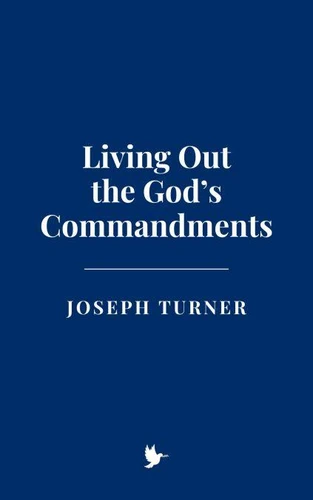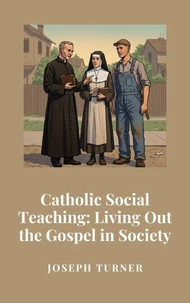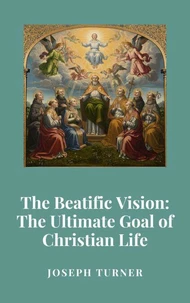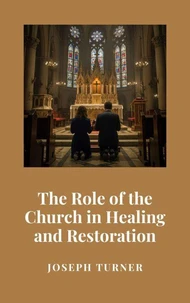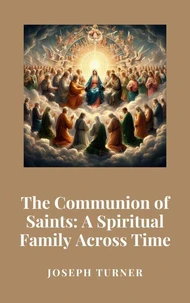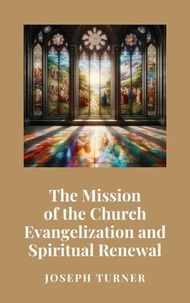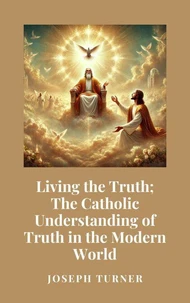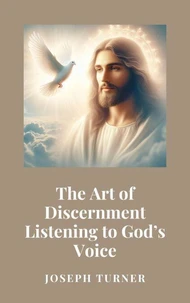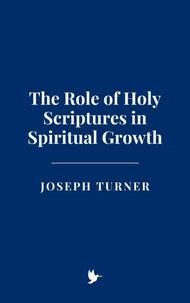Living Out the God’s Commandments
Par :Formats :
Disponible dans votre compte client Decitre ou Furet du Nord dès validation de votre commande. Le format ePub est :
- Compatible avec une lecture sur My Vivlio (smartphone, tablette, ordinateur)
- Compatible avec une lecture sur liseuses Vivlio
- Pour les liseuses autres que Vivlio, vous devez utiliser le logiciel Adobe Digital Edition. Non compatible avec la lecture sur les liseuses Kindle, Remarkable et Sony
 , qui est-ce ?
, qui est-ce ?Notre partenaire de plateforme de lecture numérique où vous retrouverez l'ensemble de vos ebooks gratuitement
Pour en savoir plus sur nos ebooks, consultez notre aide en ligne ici
- FormatePub
- ISBN8224329090
- EAN9798224329090
- Date de parution22/02/2025
- Protection num.pas de protection
- Infos supplémentairesepub
- ÉditeurVirtued Press
Résumé
The Ten Commandments, or Decalogue, stand as the moral foundation of Judeo-Christian life, forming the ethical cornerstone upon which divine law and natural law intertwine. Given to Moses on Mount Sinai, traditionally dated to around the 13th or 15th century BC depending on scholarly perspectives, these commandments were not merely legal ordinances but a covenantal guide for living in harmony with God and neighbor.
The commandments, as found in Exodus 20:1-17 and Deuteronomy 5:4-21, are more than a set of prohibitions; they establish the framework for a life ordered towards divine love, justice, and righteousness. The Church Fathers saw in the Decalogue a divine pedagogy, a means by which God gradually revealed His moral law to humanity. St. Irenaeus of Lyon, writing in the second century, described the commandments as preparatory to the fullness of Christian life, leading to Christ who fulfills the law (cf.
Against Heresies, IV.16.3). St. Augustine, in his Harmony of the Evangelists, emphasized that the commandments must be interpreted through the lens of Christ's twofold commandment of love-love of God and love of neighbor (Matthew 22:37-40). This theological reading harmonizes the Old and New Testaments, showing how divine law evolves from an external imposition to an internal transformation through grace.
The commandments, as found in Exodus 20:1-17 and Deuteronomy 5:4-21, are more than a set of prohibitions; they establish the framework for a life ordered towards divine love, justice, and righteousness. The Church Fathers saw in the Decalogue a divine pedagogy, a means by which God gradually revealed His moral law to humanity. St. Irenaeus of Lyon, writing in the second century, described the commandments as preparatory to the fullness of Christian life, leading to Christ who fulfills the law (cf.
Against Heresies, IV.16.3). St. Augustine, in his Harmony of the Evangelists, emphasized that the commandments must be interpreted through the lens of Christ's twofold commandment of love-love of God and love of neighbor (Matthew 22:37-40). This theological reading harmonizes the Old and New Testaments, showing how divine law evolves from an external imposition to an internal transformation through grace.
The Ten Commandments, or Decalogue, stand as the moral foundation of Judeo-Christian life, forming the ethical cornerstone upon which divine law and natural law intertwine. Given to Moses on Mount Sinai, traditionally dated to around the 13th or 15th century BC depending on scholarly perspectives, these commandments were not merely legal ordinances but a covenantal guide for living in harmony with God and neighbor.
The commandments, as found in Exodus 20:1-17 and Deuteronomy 5:4-21, are more than a set of prohibitions; they establish the framework for a life ordered towards divine love, justice, and righteousness. The Church Fathers saw in the Decalogue a divine pedagogy, a means by which God gradually revealed His moral law to humanity. St. Irenaeus of Lyon, writing in the second century, described the commandments as preparatory to the fullness of Christian life, leading to Christ who fulfills the law (cf.
Against Heresies, IV.16.3). St. Augustine, in his Harmony of the Evangelists, emphasized that the commandments must be interpreted through the lens of Christ's twofold commandment of love-love of God and love of neighbor (Matthew 22:37-40). This theological reading harmonizes the Old and New Testaments, showing how divine law evolves from an external imposition to an internal transformation through grace.
The commandments, as found in Exodus 20:1-17 and Deuteronomy 5:4-21, are more than a set of prohibitions; they establish the framework for a life ordered towards divine love, justice, and righteousness. The Church Fathers saw in the Decalogue a divine pedagogy, a means by which God gradually revealed His moral law to humanity. St. Irenaeus of Lyon, writing in the second century, described the commandments as preparatory to the fullness of Christian life, leading to Christ who fulfills the law (cf.
Against Heresies, IV.16.3). St. Augustine, in his Harmony of the Evangelists, emphasized that the commandments must be interpreted through the lens of Christ's twofold commandment of love-love of God and love of neighbor (Matthew 22:37-40). This theological reading harmonizes the Old and New Testaments, showing how divine law evolves from an external imposition to an internal transformation through grace.

